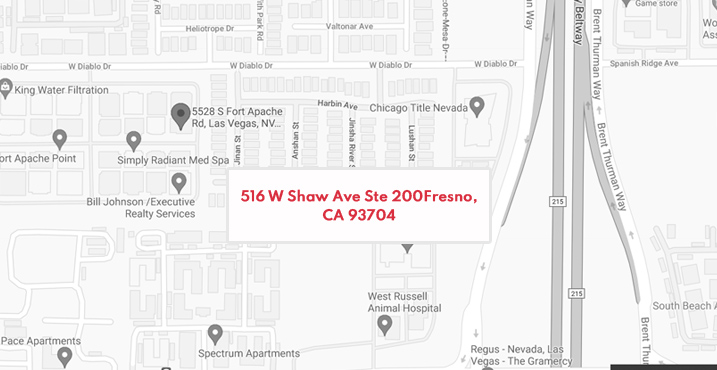What is “common law” marriage? This is when a couple has lived together for an extended period of time and, for all intents and purposes, are seen as a married couple by those in their orbit, regardless of whether they were ever lawfully wed with a marriage license.
Is California a Common Law State?
Despite popular belief to the contrary, California does not in fact recognize “common law marriage.” Very few states do, actually. And though California is a progressive state in many matters, marriage is only legally recognized in the state if there is a marriage license and vows exchanged in some sort of ceremony.
However, this doesn’t mean that unmarried couples are left without any legal recourse. In California, unmarried partners can enter into cohabitation agreements, which are legally binding contracts that outline the division of property, financial responsibilities, and other important aspects of their relationship. These agreements provide a level of protection and clarity, ensuring that both parties have a mutual understanding of their rights and obligations.
Moreover, while California does not recognize common law marriages, it does acknowledge domestic partnerships. Domestic partnerships offer some of the same legal rights and responsibilities as marriage, particularly for same-sex couples and opposite-sex couples where one partner is over 62. This legal framework allows partners to enjoy benefits such as health insurance, hospital visitation rights, and inheritance rights, among others.
It’s important for unmarried couples in California to be aware of their rights, especially when it comes to property ownership and financial support. In the absence of a marriage license, disputes over property and assets can become complex.
Therefore, seeking legal advice from a family law attorney can be invaluable in navigating these issues. Additionally, if a couple has children, child custody and support matters are handled separately from marital status, ensuring that the best interests of the child are prioritized.
In summary, while California does not recognize common law marriages, there are still numerous legal protections and options available for unmarried couples to safeguard their interests and rights.
Which States Recognize Common Law Marriage?
Only a small handful of states legally recognize common law marriage, including:
- Colorado
- Iowa
- Kansas
- Montana
- New Hampshire
- South Carolina
- Texas
- Utah
Other states have more complicated additional rules allowing for common law marriage if certain specifics are met. For example, common law marriage could be recognized in Pennsylvania, but only if formed prior to 2005.
And though California is not one of the states that recognize common law marriage, the officially unwed still have some rights under the law similar to those of divorcing married couples.
What Are Our Rights as an Unmarried Couple in California?
Though California is not a common law marriage state, in the event of a split California’s unwed couples still have some rights similar to those of a divorcing married partnership. If you’ve been together for a long time and believe you are owed something after the dissolution of your partnership, you may have the right to financial support or some sharing of assets.
Verbal or signed agreements made between the parties before dissolving the partnership could possibly be used to help you get what you feel belongs to you. Palimony or “Marvin” claims refer to marital-type claims for finances or property made after a breakup.
Additionally, California may potentially recognize common law marriage status from another state. This means that if you were considered legally married under the common law marriage rules of another state, California might uphold that status, granting you similar rights to those of traditionally married couples. However, this is a complex area of family law, and proving such a marriage requires substantial evidence of cohabitation and shared life as a married couple.
Moreover, while common law marriages are not recognized within the state, California does offer other legal avenues for unmarried couples to protect their rights. Cohabitation agreements are one such option, allowing partners to outline the division of property and financial responsibilities. These agreements can be crucial in ensuring both parties have a clear understanding of their rights and obligations, minimizing disputes if the relationship ends.
For those with children, it’s important to note that child custody and support matters are treated separately from marital status. Unmarried parents have the same rights and responsibilities as married ones in terms of child custody and support, emphasizing the importance of legal counsel in navigating these issues.
In summary, while California does not recognize common law marriages internally, there are still significant legal protections and options available for unmarried
How Can a California Common Law Marriage Lawyer Help Me?
Even though common law marriage is not legally recognized in California, couples still have rights. In California, it is the legal duty for a parent to support their children, regardless of the marriage status with the other parent. Likewise, unmarried parents also have custody rights and obligations to their children, if their relation to the child is legitimate.
Every relationship is unique. And, sadly, most breakups are complicated in nature. Even if you’re unmarried, you should still take the time to understand your rights and responsibilities in the event of a separation from your longtime partner.
Family law attorneys can help you through this difficult time by informing you of your rights and addressing complex legal matters. Give the Bains Law Offices a call at 559-890-1007.









